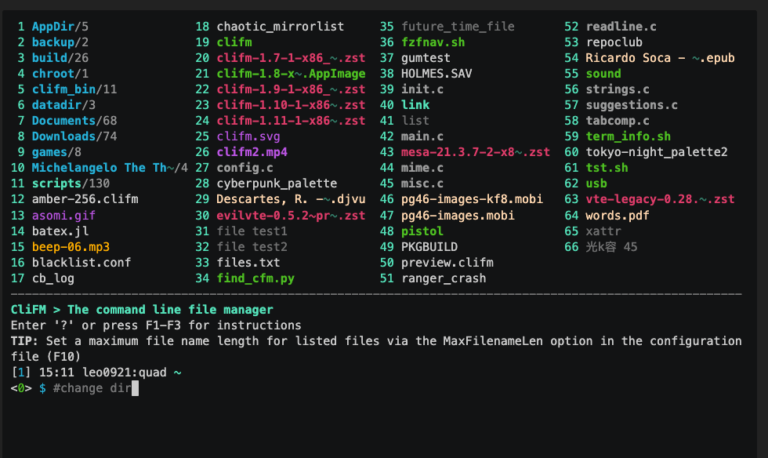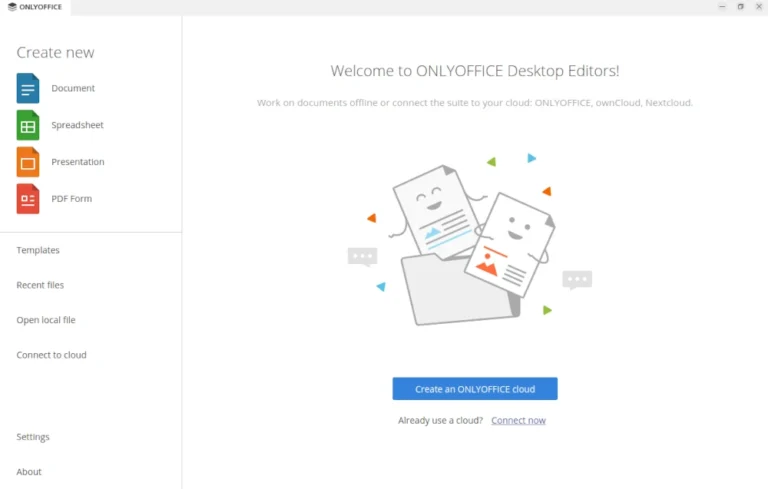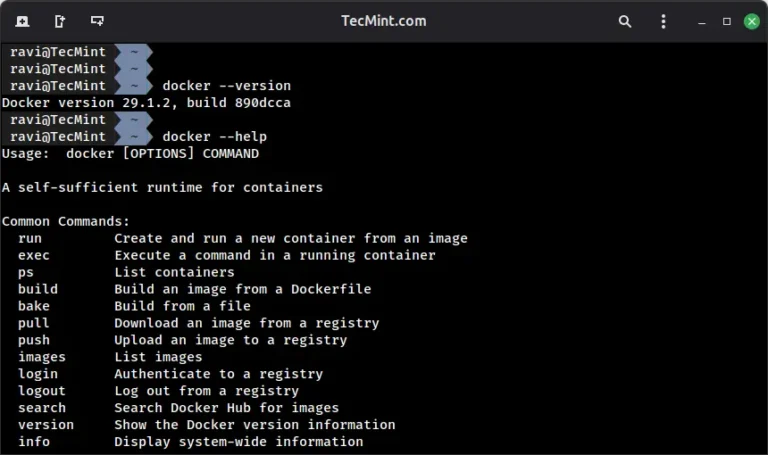As someone who has been using Linux for more than 12 years, I’ve often come across the same question: “Can I replace Microsoft Office with open-source alternatives on Linux?”
My answer has always been simple: Yes, you can, and I do it every single day.
Over the years, I’ve relied on tools like LibreOffice, ONLYOFFICE, and other open-source office suites instead of Microsoft Office, and here’s why I believe they are not just alternatives but, in many ways, better suited for Linux users.
LibreOffice – The Trusted Classic
LibreOffice has long been the default choice for Linux users who need a free and powerful office suite, which comes preinstalled on many Linux distributions and includes all the core tools: Writer for documents, Calc for spreadsheets, Impress for presentations, and even tools for vector graphics (Draw), formulas (Math), and databases (Base).
What I personally like about LibreOffice is its compatibility with multiple formats, including Microsoft’s DOCX, XLSX, and PPTX. While formatting isn’t always perfect, it has consistently improved over the years.
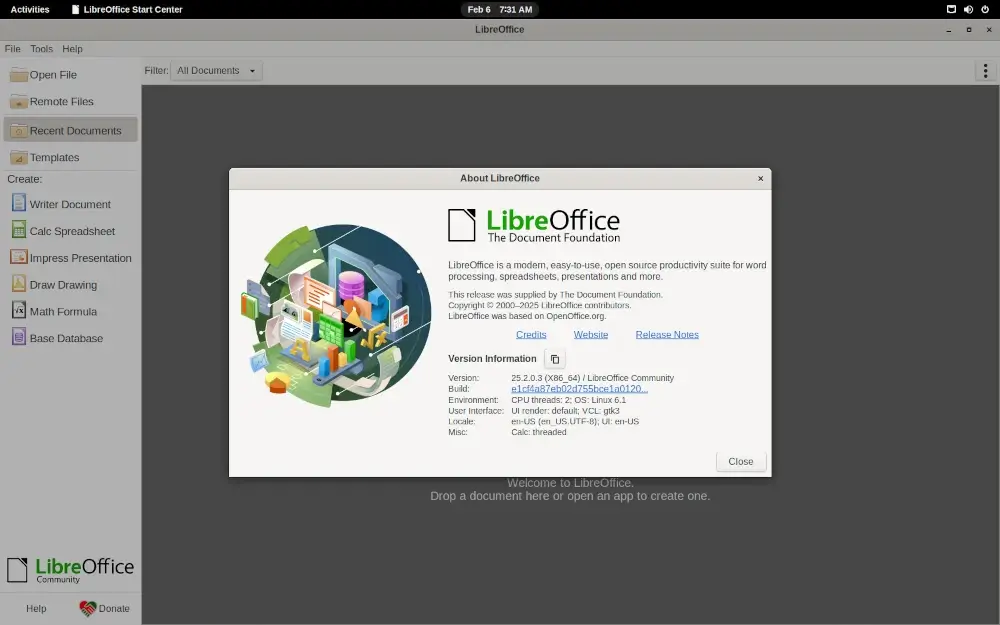
For someone like me who deals with technical documentation daily, LibreOffice provides all the essential formatting and editing features without the licensing headaches of Microsoft Office.
Yes, LibreOffice lacks modern collaboration features out of the box, but when combined with platforms like Collabora Online or Nextcloud, it turns into a truly powerful collaborative suite.
ONLYOFFICE – The Modern Challenger
ONLYOFFICE is the newer kid on the block, but it has quickly become one of my favorites. Unlike LibreOffice, it focuses on providing a familiar Microsoft Office-like experience with a clean and modern interface.
If you’ve ever used Microsoft Word, Excel, or PowerPoint, you’ll feel right at home with ONLYOFFICE’s Document, Spreadsheet, and Presentation editors.
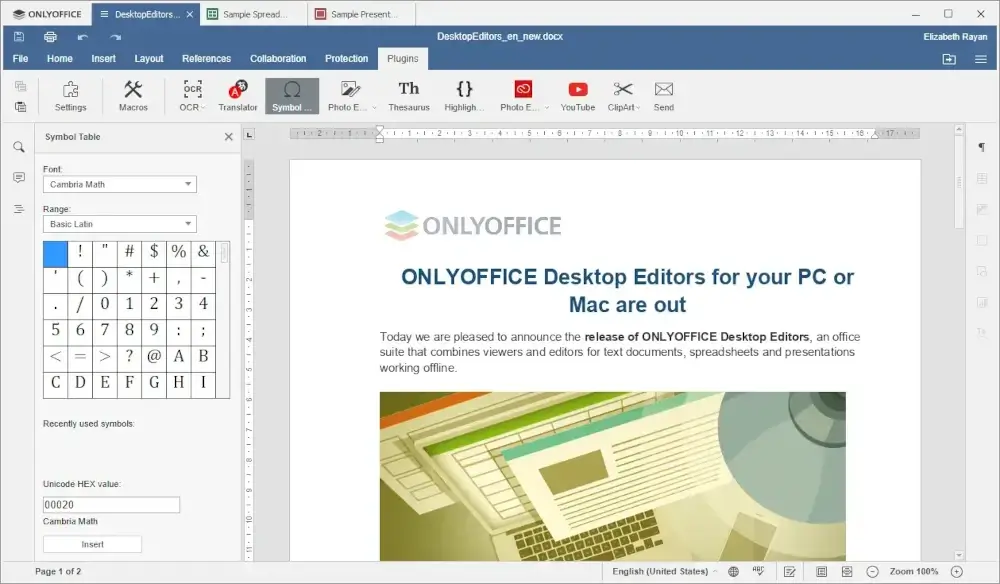
What sets ONLYOFFICE apart for me is its cross-platform support, which offers desktop editors for Linux, Windows, and Mac, all completely free. And here’s the kicker: you can integrate ONLYOFFICE with cloud platforms like Nextcloud, ownCloud, or Seafile to enable real-time collaboration.
I’ve tested this in team environments, and while the setup requires a few extra steps, the benefits are huge, such as secure collaboration, version control, and full ownership of your data. For privacy-conscious Linux users, that’s a game-changer compared to handing over all your documents to Microsoft’s cloud.
Other Noteworthy Options
While LibreOffice and ONLYOFFICE are my go-to tools, Linux users also have access to other great open-source and cross-platform office suites:
- Collabora Online – Based on LibreOffice, optimized for online collaboration for businesses or teams using Nextcloud.
- Google Docs – Not open-source, but a practical option if you’re already invested in Google’s ecosystem.
- WPS Office – Offers a Microsoft-like interface with strong compatibility, though it’s not fully open-source.
Each of these tools has its strengths, and depending on your workflow, you can mix and match them.
Why I Don’t Use Microsoft Office Anymore
After 12 years of Linux usage, here’s my personal take:
- Cost & Licensing – Microsoft Office is expensive, while open-source suites are free.
- Cross-Platform Freedom – LibreOffice and ONLYOFFICE run natively on Linux, unlike MS Office, which relies on web access or workarounds.
- Privacy & Control – With tools like ONLYOFFICE + Nextcloud, I can collaborate in real-time without handing my data to Microsoft.
- Community & Open Source – Supporting open-source projects keeps the Linux ecosystem thriving.
Sure, Microsoft Office still sets the standard in some corporate environments, but for me and for most Linux users, LibreOffice and ONLYOFFICE cover 99% of real-world use cases.
Final Thoughts
As a long-time Linux user, I choose LibreOffice and ONLYOFFICE because they give me freedom, control, and reliability without tying me to a proprietary ecosystem, and the best part? They keep getting better every year, thanks to passionate open-source communities and developers who truly care about Linux users.
So, if you’re still holding on to Microsoft Office while running Linux, give these tools a try – you might just realize, like I did, that you don’t need Microsoft Office at all.
Now I’d love to hear from you! Do you still rely on Microsoft Office, or have you fully switched to open-source alternatives? Share your thoughts in the comments below – your experience could help other Linux users make the switch.

